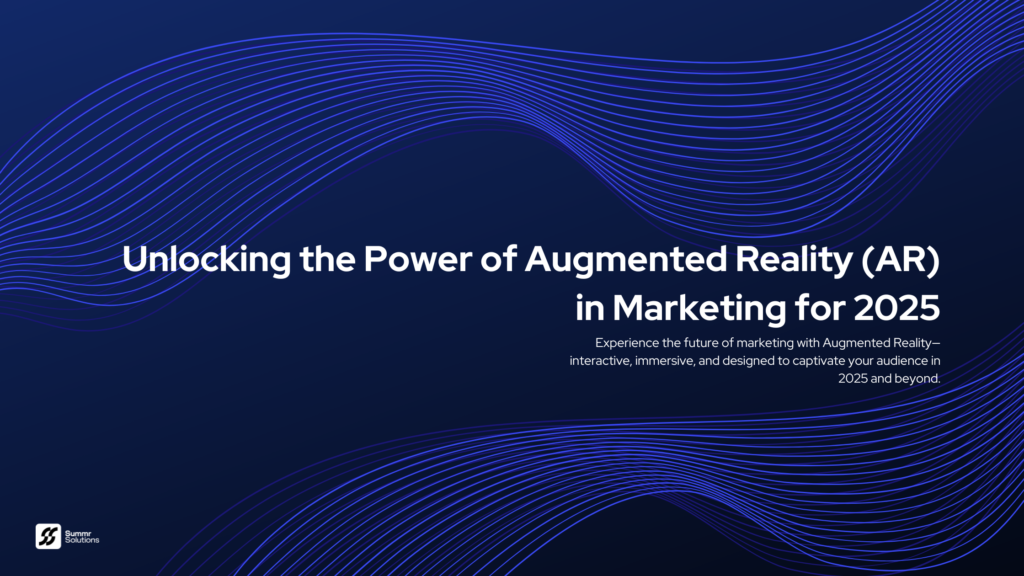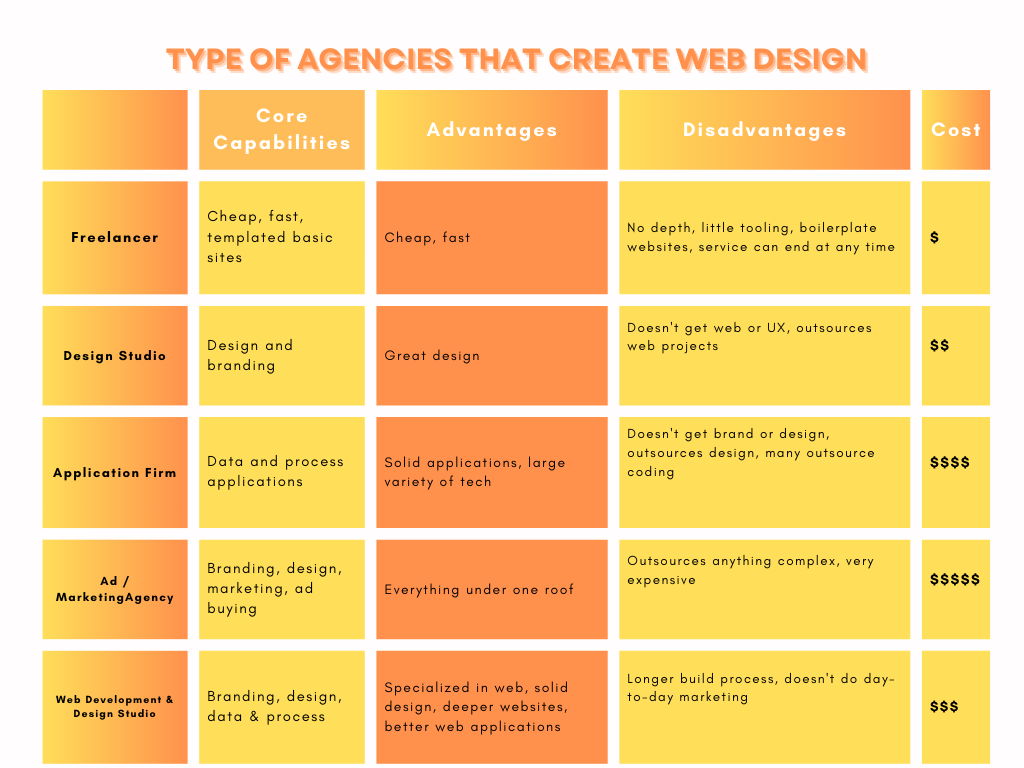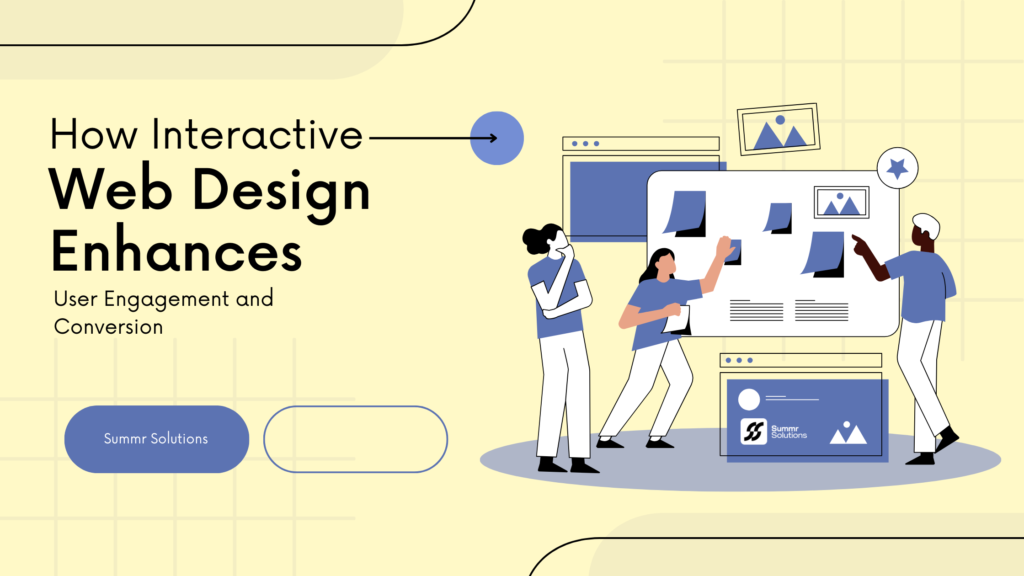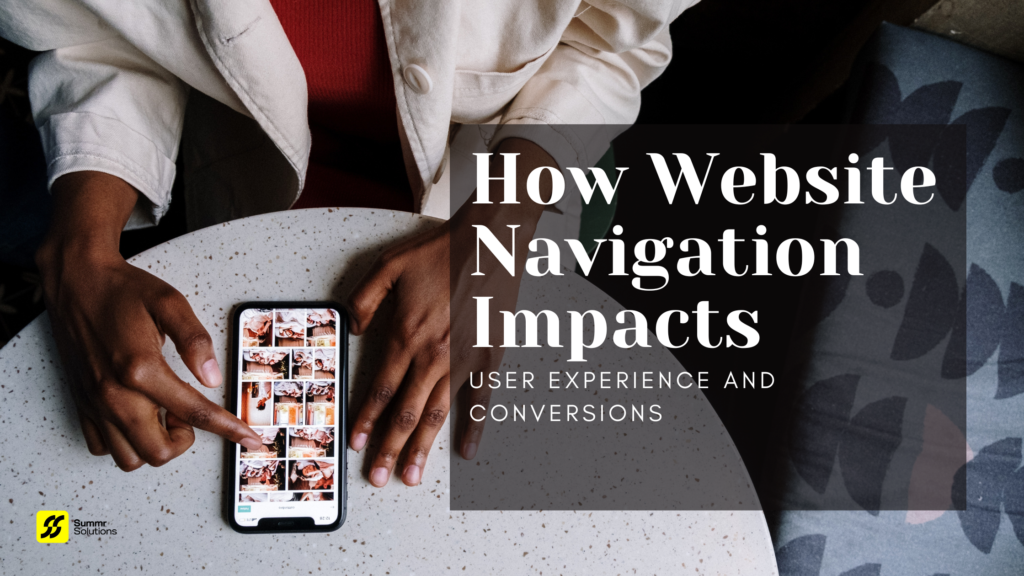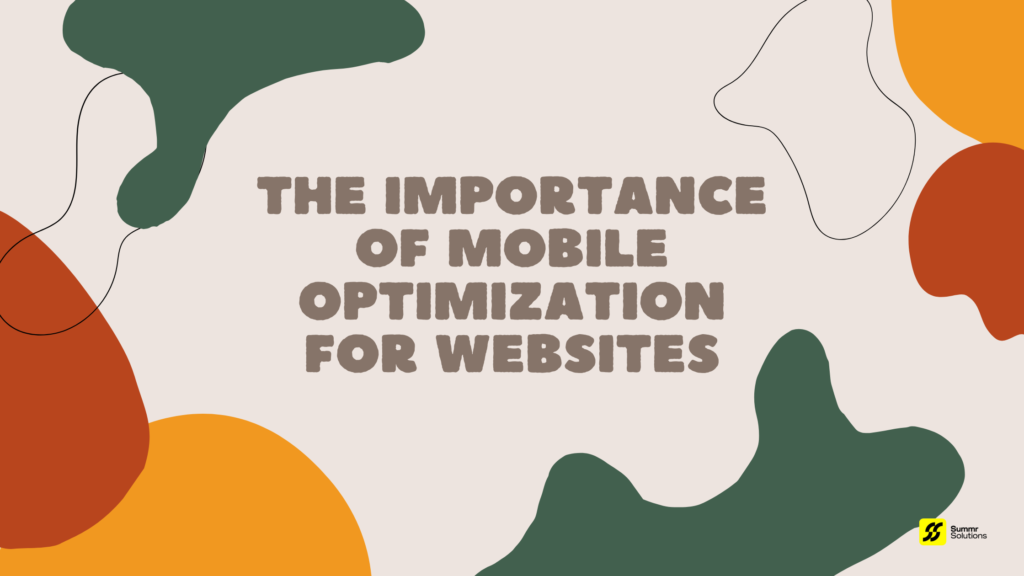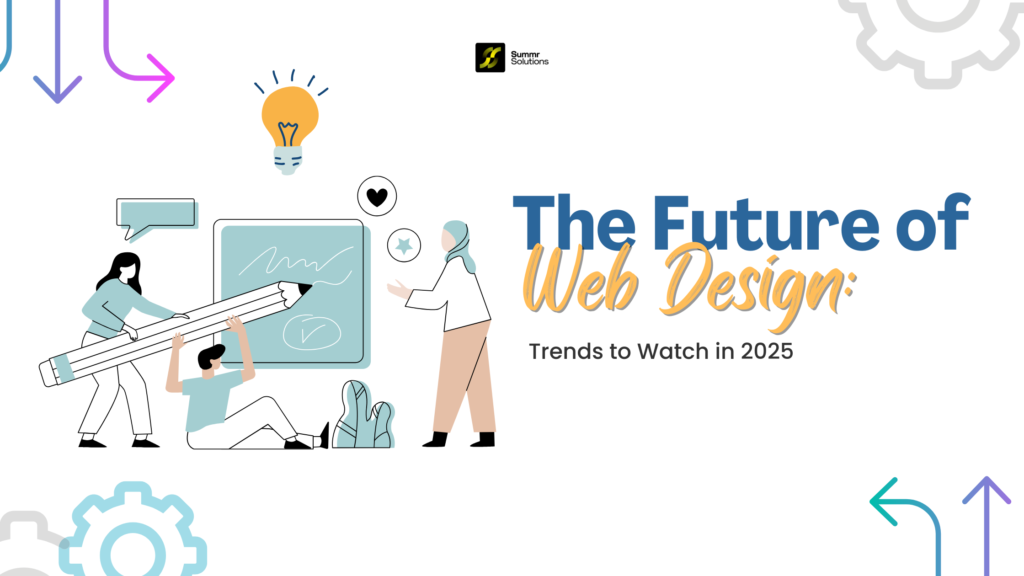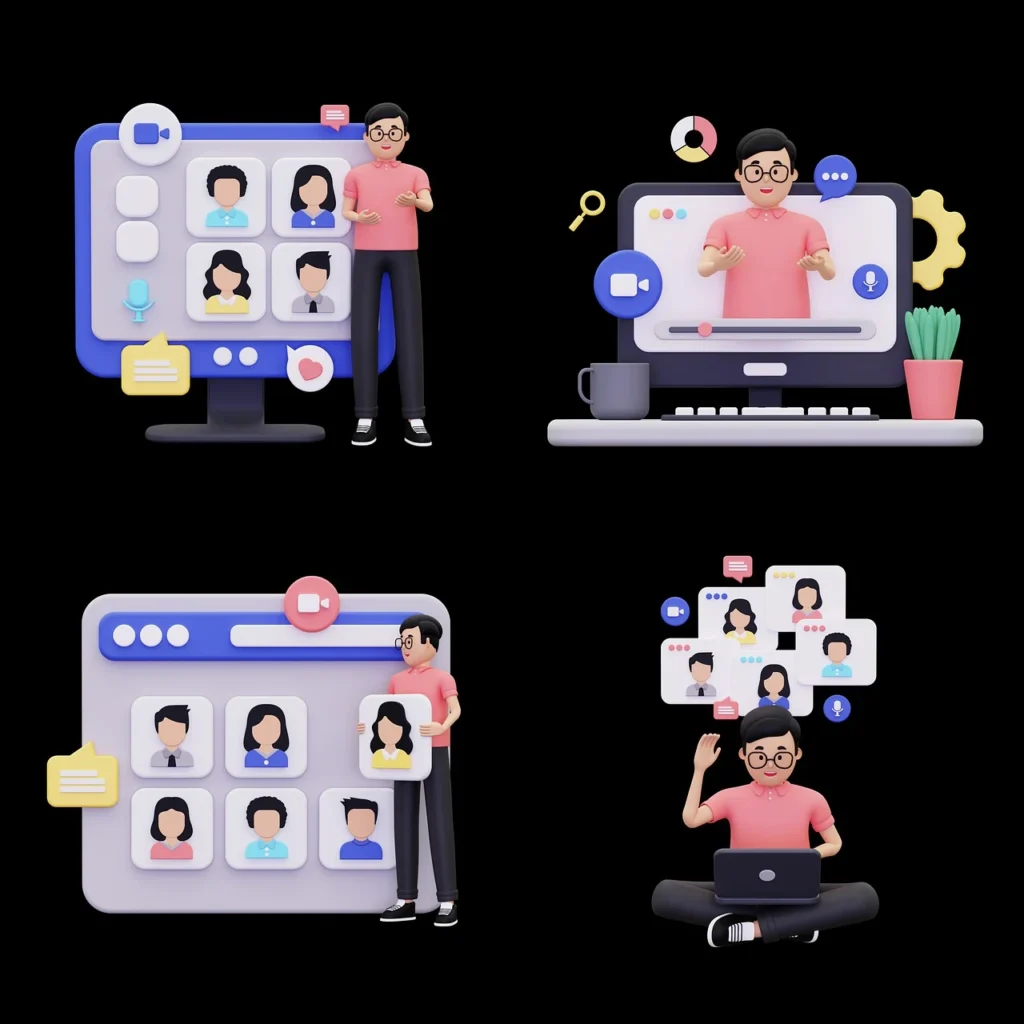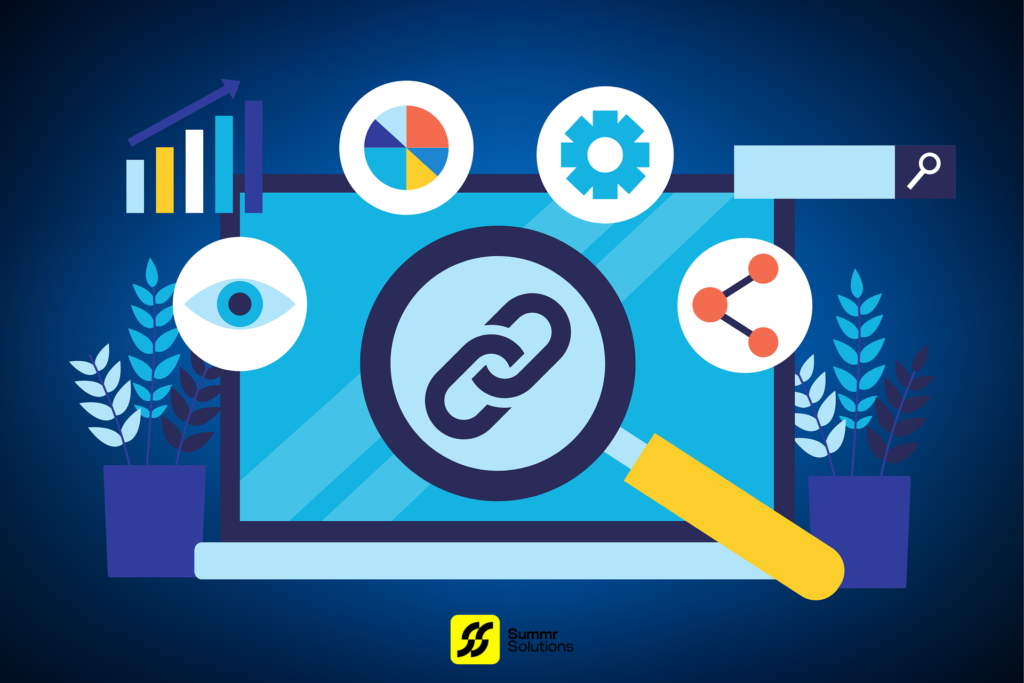Artificial Intelligence (AI) has become a transformative force in nearly every sector, from healthcare and finance to entertainment and manufacturing. Its rapid evolution and application have changed how businesses operate, how individuals interact with technology, and how society is shaped. In 2024, AI continues to redefine innovation, and understanding its core concepts and significance is crucial to staying ahead in a rapidly evolving digital world.
What is Artificial Intelligence?
Artificial Intelligence refers to the development of computer systems that can perform tasks typically requiring human intelligence. These tasks include learning from experience, recognizing patterns, understanding language, making decisions, and solving complex problems. AI systems mimic human cognitive functions such as perception, reasoning, and problem-solving, often with the help of large datasets and advanced algorithms.
AI can be broadly categorized into two types:
1. Narrow AI (Weak AI)
Narrow AI refers to systems designed to perform a specific task. Examples include virtual assistants like Siri and Alexa, recommendation engines on Netflix and Amazon, and AI-powered chatbots. These systems excel in their designated area but lack general intelligence or consciousness.
2. General AI (Strong AI)
General AI, often depicted in science fiction, refers to machines that possess human-like intelligence, capable of understanding, learning, and performing any intellectual task that a human can. While we are far from achieving true general AI, advancements in machine learning, neural networks, and natural language processing are pushing the boundaries of what AI systems can do.
How Does AI Work?
AI works through a combination of machine learning (ML), deep learning (DL), and natural language processing (NLP), all supported by algorithms and computational models.
– Machine Learning (ML)
Machine learning is a subset of AI that enables computers to learn from data without explicit programming. ML algorithms are trained on large datasets, allowing systems to make predictions, recognize patterns, or identify trends. For example, email spam filters use machine learning to recognize and block unwanted messages.
– Deep Learning (DL)
Its is a more advanced form of machine learning that uses neural networks modeled after the human brain. Deep learning systems excel in tasks such as image and speech recognition, powering technologies like self-driving cars, facial recognition, and voice assistants.
– Natural Language Processing (NLP)
Natural language processing focuses on enabling machines to understand, interpret, and respond to human language. NLP powers applications like chatbots, translation services, and voice-operated systems.
Why AI Matters in 2024
1. Driving Innovation in Every Industry
AI is revolutionizing industries by automating tasks, improving decision-making, and enabling entirely new business models. In 2024, industries such as healthcare, finance, education, and manufacturing have adopted AI to enhance productivity, reduce costs, and offer better services.
- Healthcare: AI is helping doctors diagnose diseases, analyze medical images, and predict patient outcomes. In 2024, AI-powered medical tools are assisting in surgery, personalized treatment plans, and early diagnosis of diseases like cancer.
- Finance: AI algorithms are used in fraud detection, stock market trading, and personalized banking services. AI in finance streamlines processes, improves customer service, and provides real-time data analysis for better investment decisions.
- Manufacturing: Robotics powered by AI have improved efficiency in production lines, optimized supply chains, and reduced downtime by predicting equipment failures before they happen.
2. Automation and Workforce Transformation
AI is automating repetitive and labor-intensive tasks, freeing up human workers for more strategic and creative roles. While this has raised concerns about job displacement, AI is also creating new job opportunities in fields like AI ethics, data science, and AI system management.
In 2024, AI continues to augment human labor, enabling workers to focus on tasks that require emotional intelligence, creativity, and complex problem-solving. Upskilling and reskilling have become essential for professionals to adapt to this AI-driven landscape.
3. Personalized User Experiences
From personalized recommendations on streaming services to tailored shopping experiences, AI is improving how users interact with digital platforms. Companies like Netflix, Amazon, and Spotify use AI to analyze user behavior, preferences, and feedback to provide highly personalized content and product suggestions.
In 2024, AI continues to deepen personalization across digital platforms, leading to more relevant content, ads, and user interactions. This shift towards hyper-personalization enhances user satisfaction, retention, and loyalty.
4. Ethical and Societal Impact
As AI becomes more pervasive, ethical concerns have grown, especially around data privacy, bias, and decision-making transparency. In 2024, discussions about AI ethics have reached new levels, with governments and organizations working to create regulations that ensure AI systems are fair, transparent, and non-discriminatory.
The challenge lies in making AI systems accountable for their decisions and mitigating biases in algorithms that may reinforce societal inequalities. Ethical AI is now a priority for many tech companies as they strive to build trust with consumers and comply with regulatory standards.
5. AI and Sustainability
AI is playing a vital role in addressing global challenges, including climate change and environmental sustainability. In 2024, AI is being leveraged to optimize energy consumption, reduce carbon footprints, and improve resource management.
For instance, AI-powered systems are helping industries reduce waste, improve recycling processes, and monitor environmental changes in real time. Additionally, AI-driven innovations in agriculture, such as precision farming, are leading to more efficient use of water, fertilizers, and land resources.
The Future of AI
The future of AI is incredibly promising, with breakthroughs in areas like quantum computing, which could further accelerate AI’s capabilities. By 2024, AI is expected to continue evolving, contributing to sectors like autonomous vehicles, smart cities, and personalized medicine.
AI’s potential also raises important questions about regulation, ethics, and how we as a society will balance its benefits and challenges. Collaboration between policymakers, technologists, and ethicists will be crucial to ensuring that AI serves the greater good.
Conclusion
In 2024, Artificial Intelligence is more than just a buzzword—it’s a fundamental technology reshaping industries, the workforce, and our daily lives. Its applications are vast, ranging from automating mundane tasks to solving complex global challenges like climate change. Understanding AI and its potential is essential for individuals and businesses alike, as this technology will continue to play a pivotal role in the future of innovation and economic growth. Whether you’re a developer, entrepreneur, or consumer, AI matters more than ever in shaping the world we live in.




